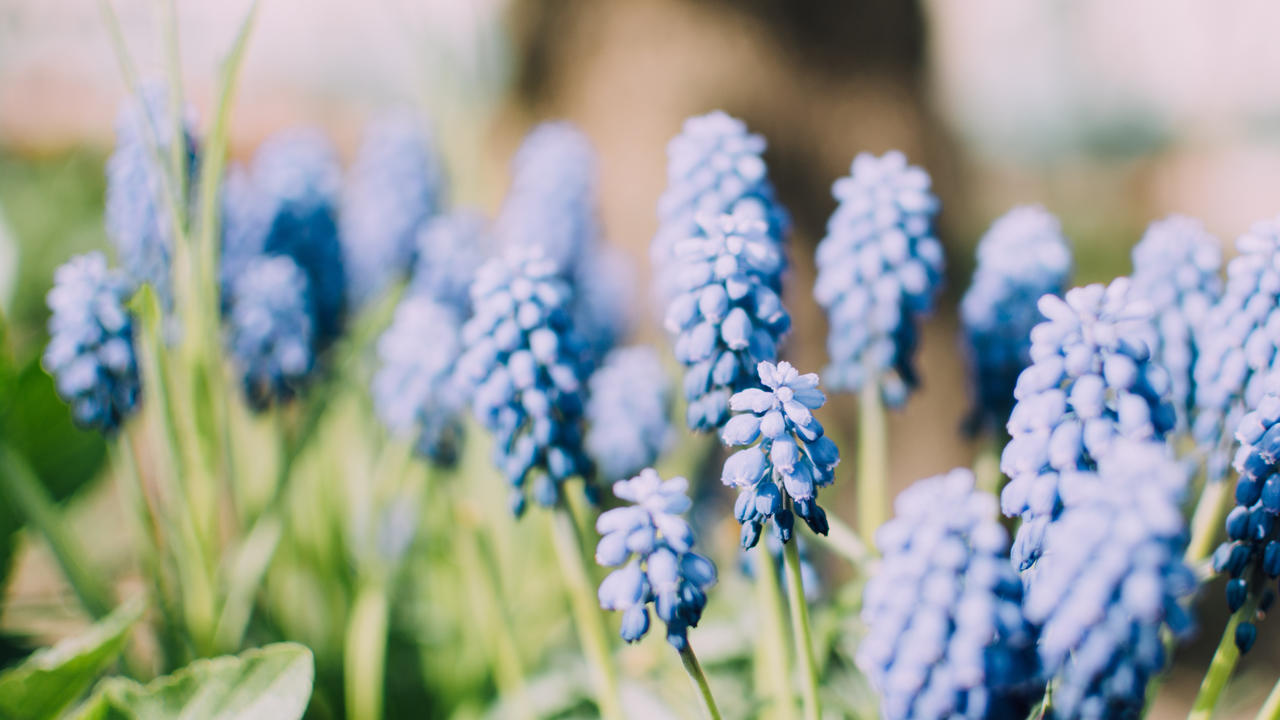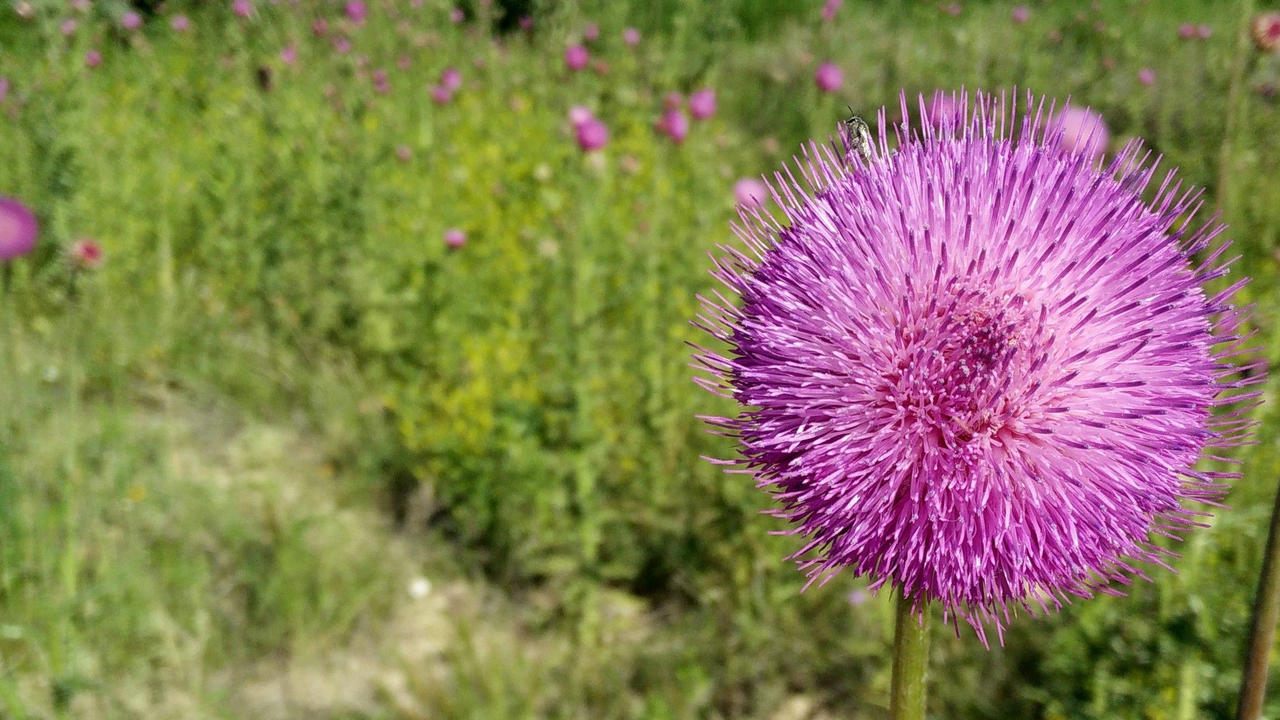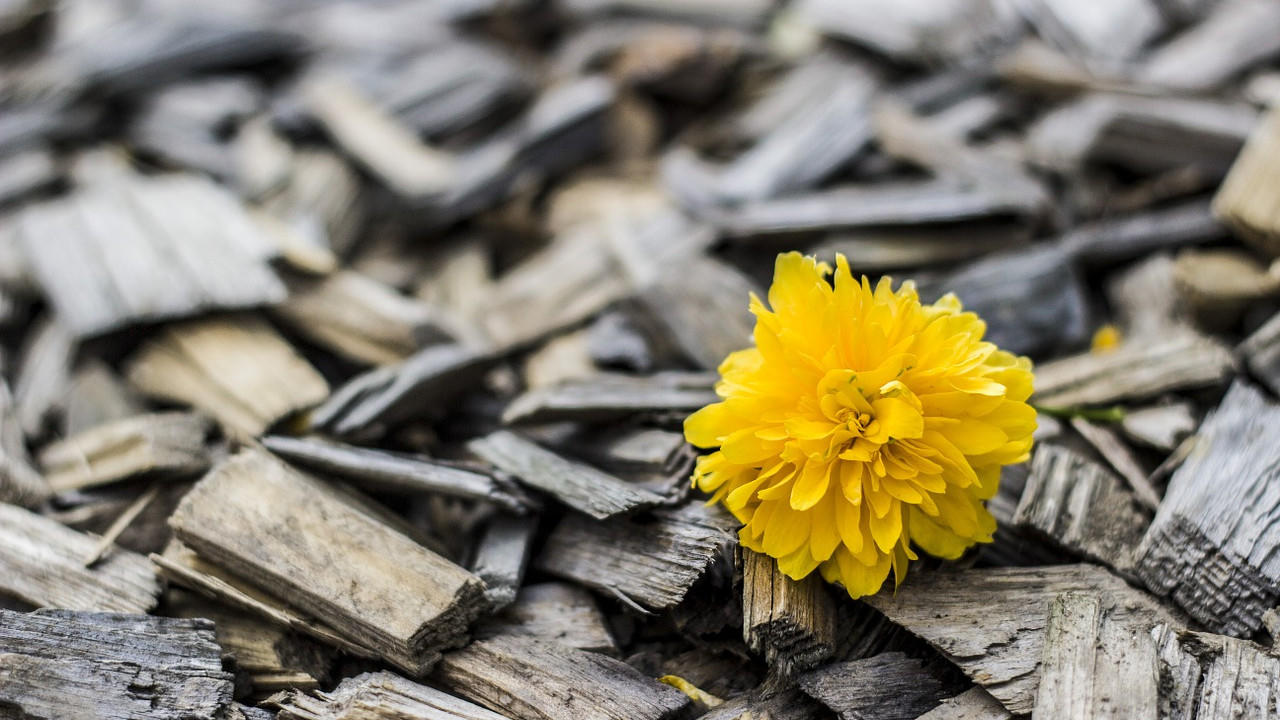Blog
Stop the blame game

In Sura Ibrahim, verse 14:22, it says: And do not blame me but blame yourselves.
Reflection: This verse from Surah Ibrahim is part of a conversation when Shaytan is telling mankind that instead of blaming him they should blame themselves.
Blaming others for our choices in life is SO easy isn't it? It also feels good in the moment because we do not have to deal with the pricks of conscience or negative emotions that accompany our poor choices and actions.
Ultimately however, blaming others is immobilizing and creates a feeling of powerlessness.
Why? If we convince ourselves that power and responsibility lies outside of ourselves, and someone else is to blame for what we are doing, it follows that we have no control or agency to change our situation. This leads to a victim mentality. Not a very inspiring way to live, is it?
We have been give free will to make choices in our lives, however limited or unpleasant those choices appear in the moment. When we accept this gift of choice, we beg...
Developing a personal relationship with the Quran

Today we begin a series of conversations on the love letter of the Divine to mankind – the Holy Quran. His word, sent to comfort and guide us through our life on this planet until we meet Him.
What does the Quran mean to you?
What role does it play in your daily life?
Does it guide you when you are confused, stop you from harm, encourage you towards good, comfort you when you are distressed, heal you when you are sick?
In Sura Isra (17:82), Allah says: We send down from the Quran what is a cure and a mercy to the faithful.
Such a beautiful verse. The medicine is here. But often we are so enraptured with the wrapping of the medicine that we do not unwrap and ingest it so that it may heal us spiritually, emotionally and physically.
So let us unwrap this medicine and partake of its healing mercy by developing a close personal relationship with the Quran.
Let's see how we can do this as simply and practically as possible.
We will, In sha Allah, be covering some action verses of the Quran...
Welcoming the month of Ramadan

During the holy month of Ramadan, we will inshallah be focusing on living the message of the Quran in our daily lives.
We inshallah take a verse a day and explore how we can live the timeless message of the Quran in the 21st century. As always, it is intended that the Daily Wisdom emails will be short, inspirational, action oriented and applicable to dealing with challenges of modern life.
If you have already receiving the Daily Wisdom, you will continue to receive the Ramadan edition. If you are not currently receiving it, please sign up here to get it in your box every weekday. You will NOT get it if you are not signed up.
Today inshallah, lets reflect on the Sermon of the Holy Prophet (saw) welcoming the month of Ramadan. If you would like to listen to an audio version, please click here.
The Holy Prophet (saw) addressed his followers on the day before Ramadan and said:
O People !
Indeed the blessed month of Allah has approached you laden with His Mercy, blessings and forgiveness.
R...
What are your core values?

The second question we will explore in our quest for self awareness and growth is this: What are my core values?
Values are a part of us. They highlight what we stand for. Values guide our behavior, providing us with a personal code of conduct.
When we honor our personal core values consistently, and live in alignment with them, we experience fulfillment in our lives.
Similarly, if we are not living in integrity with our core values or when we dishonor them, we experience guilt, remorse and anger. (In fact, when we are angry at someone else, it is often because one or more of our core values has been injured – think about this one)
Other ways to ask this question and get in touch with our core values are: What is the most important thing about me as a person? What do I stand for? What are the qualities that I would like to be known for?
It is important to remember that we cannot select values that we would like or believe that we 'should' have. It is a process of discovery and rev...
What’s your iki gai?

The first question for personal reflection that we will explore in this series is: What is your iki gai?
Ikigai (pronounced [ikiɡai]) is a Japanese concept which means "a reason for being." Everyone, according to Japanese culture, has an ikigai. The Japanese believe that finding one's ikigai requires a deep and often lengthy search of self.
There is a reason why we need to pay attention to the concept of ikigai. The people of Okinawa in Japan are the longest living people on the earth today. They live an average of 7 healthy years longer than Americans and have the most people over 100, partly because they believe that everyone has an ikigai which gives meaning and purpose to their lives.
So strong is this belief that they do not have the concept (or even a word for) retirement in their language. Work that adds meaning and purpose to life is not something that the Japanese stop doing when they reach a certain age.
But an ikigai does not have to be purely work related.
For example, ...
I wish I hadn’t worked so hard

Bronnie Ware found that almost all the men and quite a few of the women she spoke to, regretted spending too much time working at the cost of spending time with family and loved ones.
This one did not surprise me at all.
It seems that as a generation, we have completely blurred the boundaries between work and non-work life. Our work has taken over all aspects of our existence.
With the advent of technology, work follows us home, on the dinner table, on the prayer mat, in bed, on vacation, in the shower . . . you get the picture.
It may be helpful to remind ourselves that no one on their death bed ever wished they had spent more time at the office. (attributed to Rabbi Harold Kushner)
Learning life lessons from the dying

Are you familiar with the story of Bronnie Ware the palliative care nurse who wrote the book The Top Five Regrets of the Dying?
Although employed as a personal carer primarily to look after physical needs of dying patients, Ware found herself having deep and meaningful conversations with her clients.
Ware came to appreciate that people who are dying realize what is most important and what is not, and are more likely to speak honestly about their life and what they wished they had done differently.
Through many conversations and interactions with the dying, she began to notice some common regrets they expressed and gathered their wisdom and experience in her book.
Over the next few days, lets explore the top regrets of the dying. Maybe we can learn from their wisdom and live a regret-free life ourselves.
Let’s talk about the ‘D’ word

Let's talk about the 'D' word.
Death.
What every one of us will face and what few of us like to think or talk about. Some of us might even believe that thinking about death and dying is morose and depressing.
While spiritual traditions, including Islam and Buddhism have advocated reflecting on the temporary nature of life in this existence as a path to virtue and salvation/bliss, it is fairly recently that secular psychologists have affirmed the benefits of thinking about death.
Kenneth Vail of the University of Missouri, headed a study about 'death awareness' and said, "There has been very little integrative understanding of how subtle, day-to-day, death awareness might be capable of motivating attitudes and behaviors that can minimize harm to oneself and others, and can promote well-being."
Vall specifically mentions three ways consciousness of death can improve our lives:
1) Thinking about death helps us prioritize our goals and get in touch with what we truly value
2) Just passi...
Be creative with your interpretations

Continuing with our series on the timeless wisdom of Imam Ali (as), the quote for today is: "Do not think of anyone's statements as evil if you can find it capable of bearing good".
It is clear that what people say to us and how we interpret their statements are two distinct parts of each communication.
When our emotional bank account with a person is low, it is easy to interpret what they say more negatively than they intend. We can pause, notice this tendency and choose to give it a positive interpretation. Give them the benefit of the doubt, so to speak.
Being creative and positive with our interpretations of another's words and actions takes intentionality and practice. Over time, it can become a habit.
A habit that brings more positivity into our lives and improves our relationships.
Worth a try, don't you think?
Be open to influence

Continuing with our series on the timeless wisdom of Imam Ali (as), the quote for today is: "One who is headstrong and opinionated perishes, while one who seeks the advice of others becomes a partner in their understanding".
When we are highly protective and defensive of our opinions, it is usually a sign of fear, insecurity and a lack of confidence. It also leaves us little room for growth, reflection or expansion of wisdom.
So the next time someone offers us a suggestion or a piece of advice, lets pause before automatically dismissing it. Just fully consider it before making a decision either way. Considering something does not mean agreeing. Listening to a point of view with an open mind does not meant that you automatically accept it.
Listening with an open mind leaves the opportunity open, though, to grow in understanding and insight and to become a 'partner in their understanding'.
